Turkey Terror Attack: With Turkey launching significant airstrikes on Syria and Iraq, the Middle East is once again a flashpoint for conflict. This abrupt escalation follows a terrorist attack against Turkish Aerospace Industries (TUSAS) in the Turkish capital, Ankara. The Turkish military retaliated by attacking other areas, claiming to have killed dozens of Kurdistan Workers’ Party (PKK) members. Tensions have increased as a result of the incident, and many people are afraid that things could go out of hand.
Terrorist Attack in Ankara Sparks Military Retaliation
A deadly explosion rocked Ankara on Wednesday, near the Turkish state aviation company TUSAS. The blast claimed four lives and injured many others, prompting swift action from the Turkish government. Turkish President Recep Tayyip Erdogan, speaking from Russia, where he was attending the BRICS summit, condemned the attack, calling it an act of terrorism. Interior Minister Ali Yerlikaya echoed the sentiment, describing the blast as a deliberate act of violence.
Turkey’s Bold Response: Airstrikes in Iraq and Syria
Turkey quickly retaliated after the incident in Ankara. Turkish military attacked alleged PKK bases in Syria and Iraq with airstrikes. The attacks killed PKK fighters, according to the Turkish Defence Ministry. They said that the operation was required to deter future threats and send a clear message to the perpetrators of the Ankara incident.
The situation in the Middle East, already volatile due to tensions between Israel, Iran, Palestine, and Lebanon, has now grown even more complex with Turkey’s involvement. With the addition of this new conflict, observers fear the entire region could face an escalation in violence.
International Reactions Pour In
Turkey’s military retaliation has drawn international attention. Russian President Vladimir Putin, who was with Erdogan at the BRICS Summit in Kazan, expressed his condemnation of the terrorist attack. NATO, the United States (USA), and the European Union (EU) have also strongly condemned the violence, calling for stability in the region.
While these powers are watching closely, it is uncertain how far this conflict will go. The broader Middle East, particularly Iraq and Syria, are no strangers to instability, and Turkey’s aggressive response might add fuel to an already simmering fire.
What This Means for the Region
This is not the first time Turkey has engaged in cross-border operations against the PKK in Iraq and Syria. However, this time the stakes appear higher, given the location of the attack at a sensitive site like TUSAS. Turkey’s swift military reaction suggests they are determined to root out PKK militants, regardless of international backlash.
The future of the Middle East is uncertain in light of these airstrikes. The prospect of more military escalation in a region plagued by many conflicts is increased by Turkey’s involvement in Iraq-Syria, particularly following a high-profile incident. Other countries may be involved, which would make diplomatic solutions even more challenging to achieve.
Keep watching our YouTube Channel ‘DNP INDIA’. Also, please subscribe and follow us on FACEBOOK, INSTAGRAM, and TWITTER.



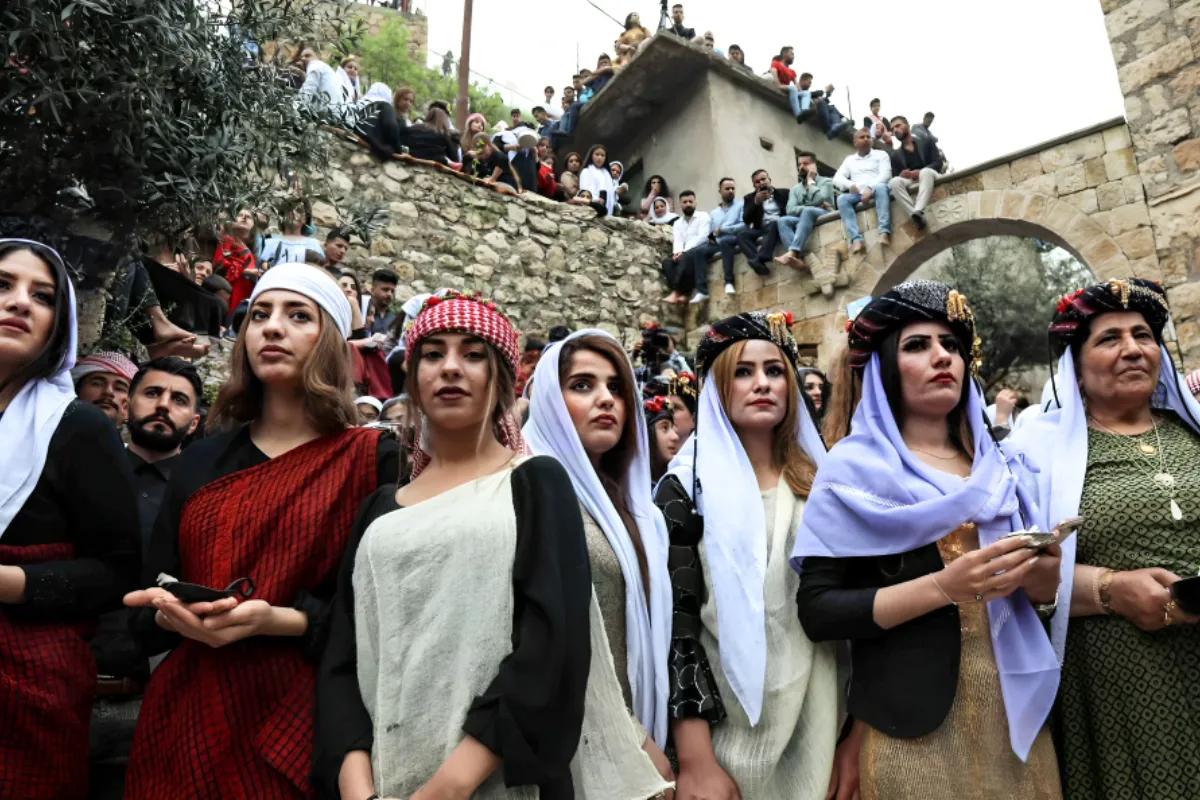
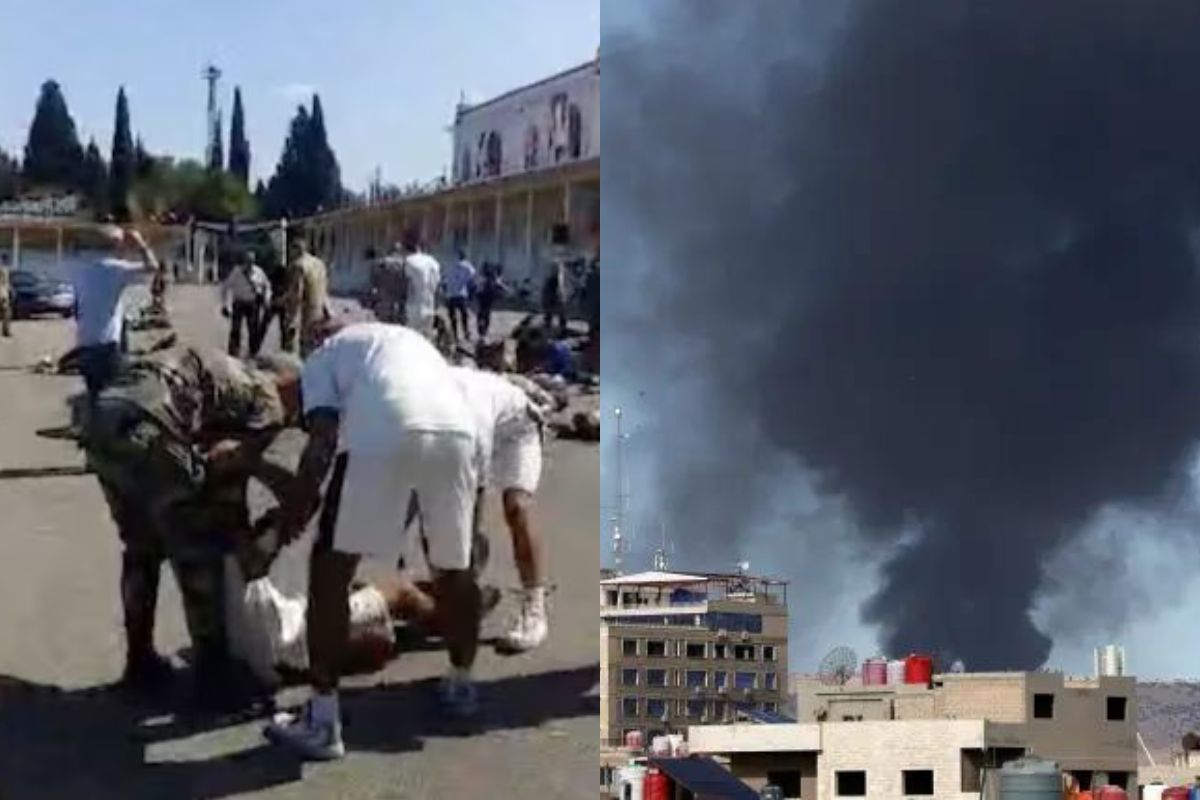

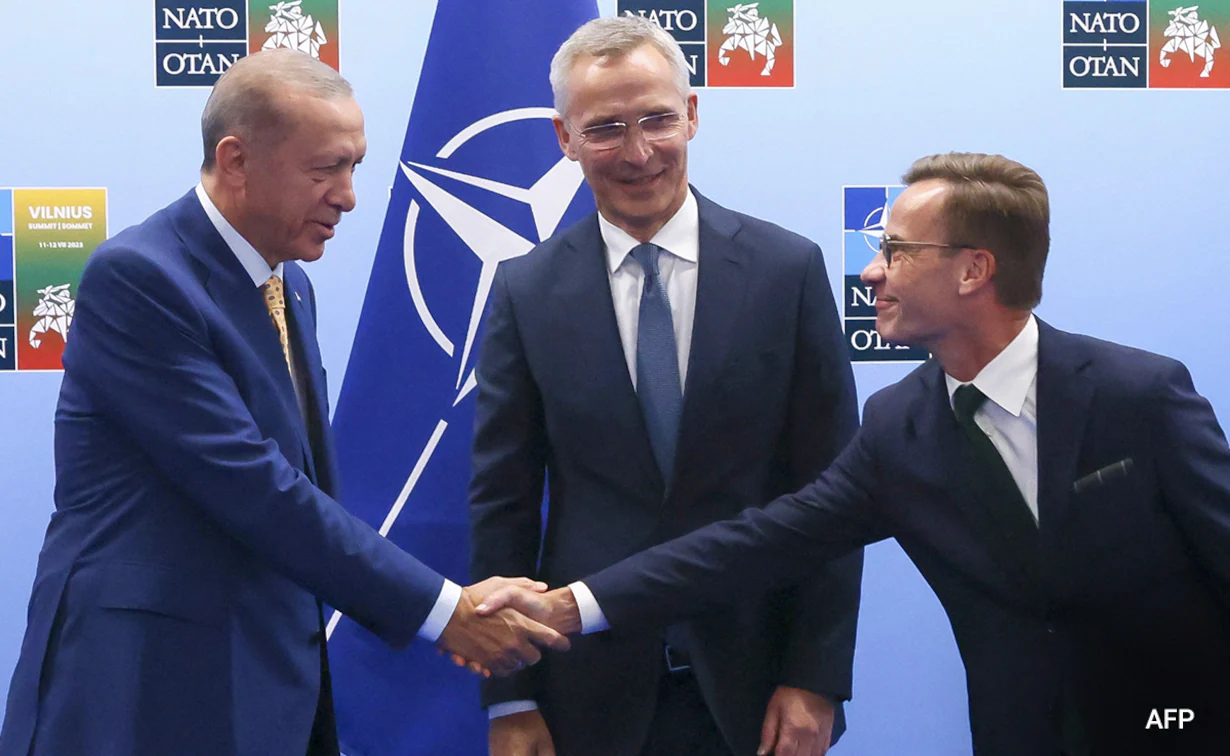
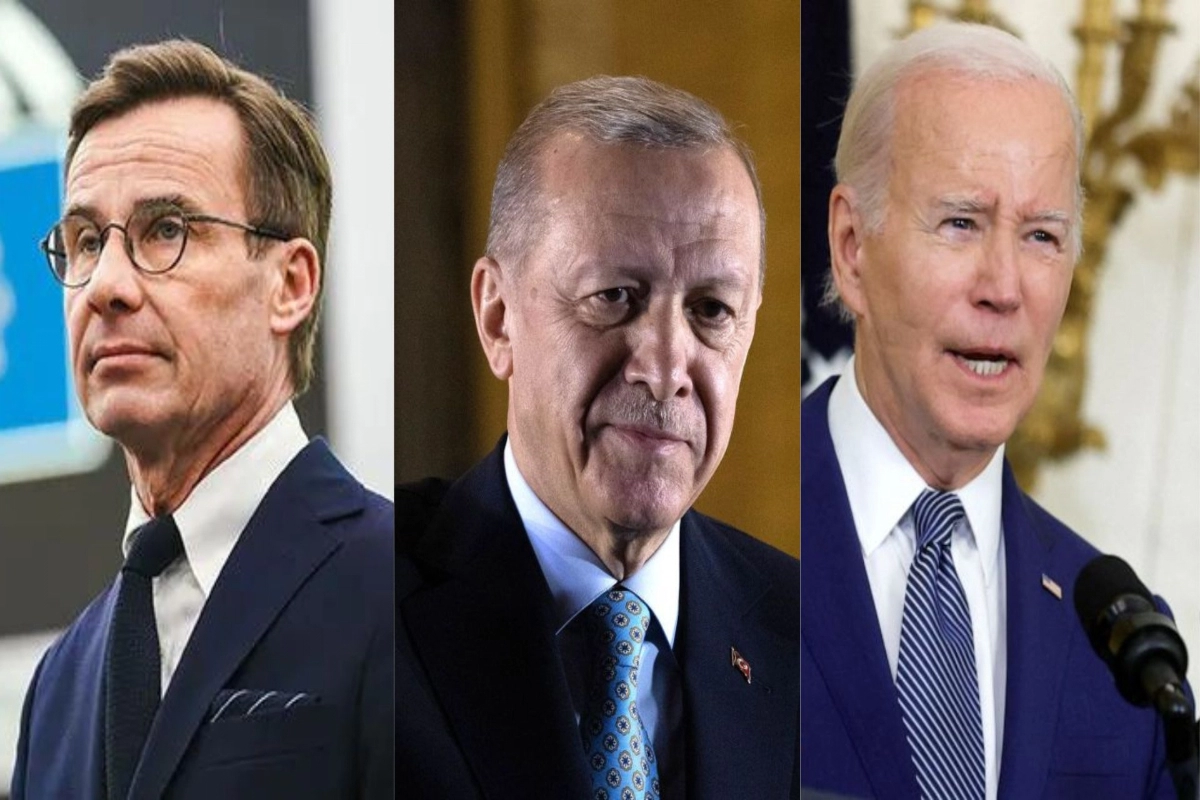
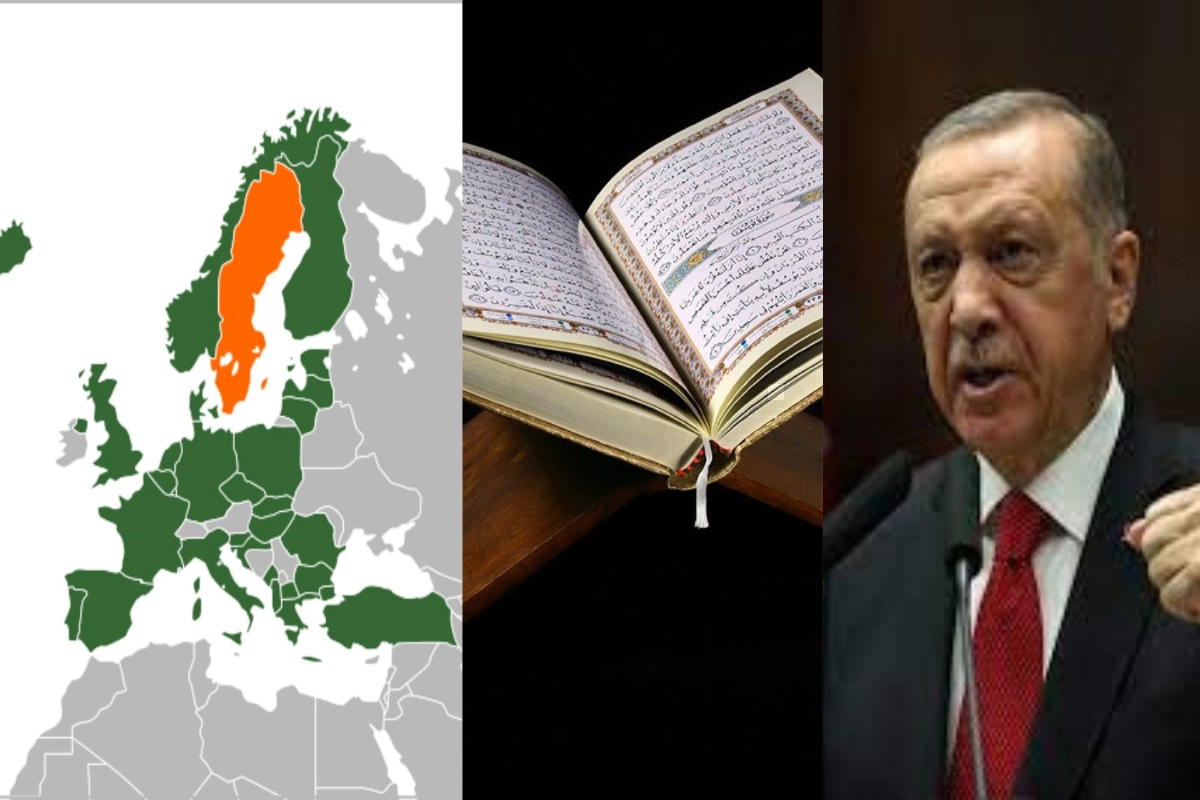




Discussion about this post